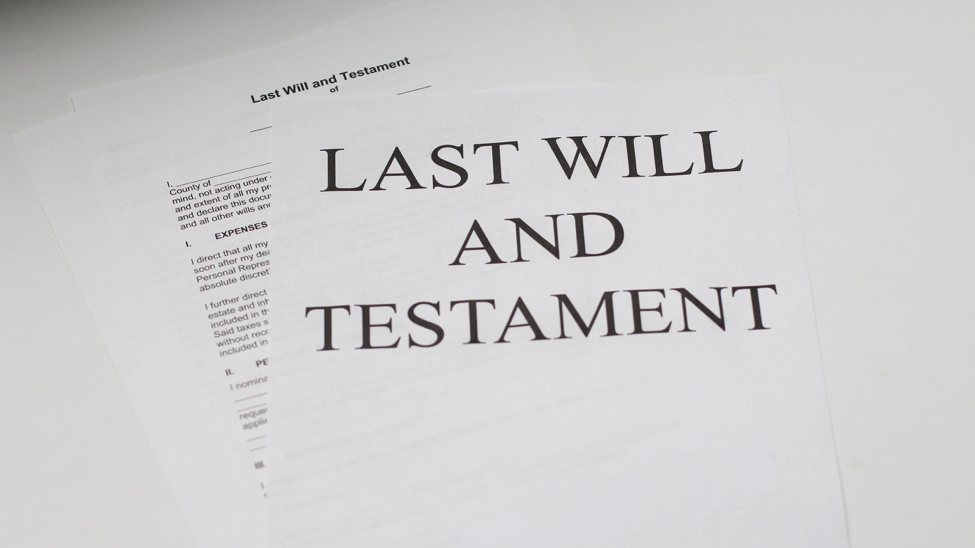 It’s an undeniable truth. None of us will live forever, so what happens to your possessions — not to mention younger children — when you pass away?
It’s an undeniable truth. None of us will live forever, so what happens to your possessions — not to mention younger children — when you pass away?
Creating a will— putting your wishes down on paper specifying who will get your property when you die, and/or confirming who will care for your minor children — is one of the most important things you can do for yourself and your loved ones. Not only will you gain peace of mind, but a will can also help your heirs avoid unnecessary stress and aggravation. Without a will (or another plan such as a living trust), the laws in your state will determine how your property is distributed, usually to your closest relatives such as your spouse, children, or parents.
Here is some of the most vital information to include in your will:
Identify your beneficiaries.
List the names of your beneficiaries, identifying who will inherit your property from you, including people — whether those individuals are family members or not — and institutions such as charities. Provide enough information about the beneficiaries, such as addresses and birth dates, so it’s clear who these recipients are.
Identify your executor.
Write down the name of the individual you’re appointing to be the executor of your will — the person who is legally responsible for making sure your directions are carried out. You should also appoint a backup executor in case your designated executor is unable to perform the official duties. Be sure to check with these designees before placing their names in your will, to avoid any possible complications that may arise if someone is unable or unwilling to serve as an executor.
Identify who will care for your children.
Your will should include details about the care of your children after you die. A deceased parent who leaves behind a surviving spouse can usually rely on him or her to care for minor children. However, if both parents pass away or if one has abandoned the children, you can identify a guardian for the children. Discuss guardianship with the person who may raise your children. Should you die without appointing a guardian, children may go into foster care causing an uncertain future.
Describe how you want your assets to be distributed.
Your will is the easiest way to leave assets to your heirs. First, make a list of significant assets you’ll want to leave to loved ones. Assets can include houses, vehicles, and family businesses; smaller items such as jewelry can be on the list too. Second, describe which heir gets which property, then describe that property so the courts and your executor understand. Be specific. For example, if you’re leaving a car to a grandchild, note the make and model of the car.
Keep in mind that this is just a start. Work with your financial advisor to fill in all the details, and don’t forget to review and update your will after any major life event such as marriage, the death of a spouse, or the birth of a child. Revisit your will every few years to ensure your personal belongings are distributed according to your wishes.
Your life insurance is an important part of your estate, but the time may come when the policy is no longer needed or you are in need of funds for long-term care or other health expenses. A life settlement - a transaction in which you sell a policy you no longer need to a licensed, institutional buyer for more than the cash surrender value and less than the death benefit – allows you to liquidate an asset you may not have known had significant value to you during your lifetime. The lump-sum payment can be applied to health care or education expenses, for example, or to your retirement nest-egg.
Using a broker like Ashar Group provides independent representation and ensures the highest fair market value is received in exchange for the policy. We’re secondary market and valuation specialists who adhere to the strictest ethical standards in helping you confidently take the next step toward a secure future. We invite you to contact us today.
